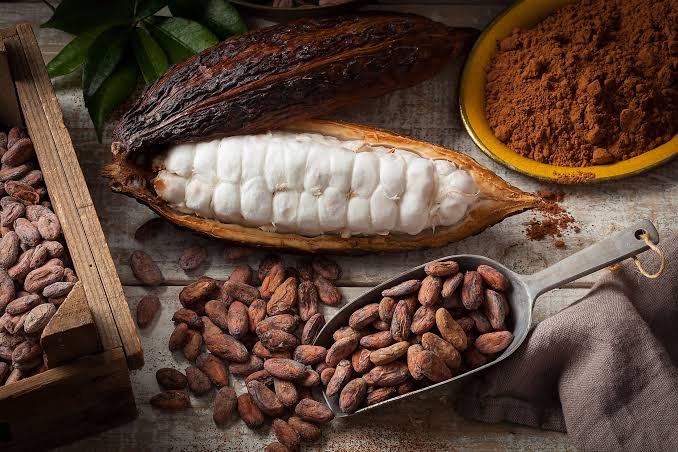Despite the federal government’s export drive initiative, Nigeria’s only five surviving cocoa processing plants operation has slumped to eight percent of the industry-installed capacity over worsening macroeconomic challenges.
The once thriving industry that had 15 cocoa processing factories with a combined installed capacity of 250,000MT now has only five factories functional with a combined utilisation capacity of 20,000MT per annum.
A combination of issues ranging from high energy costs, multiple taxations, farmers’ preference to sell their cocoa beans to merchants -who offer premium prices over processors and a difficult operating environment is making it unattractive for Nigeria’s remaining cocoa processing factories to tap export demand for butter, cake and powder.
“It is very challenging and tough for the Nigerian cocoa processors and there is a need to declare a state of emergency in the sector,” Felix Oladunjoye, chairman of the Cocoa Processors Association of Nigeria (COPAN) said in a Tuesday briefing with Journalists.
We need about five times the working capital used last year to secure key inputs now, coupled with other rising costs associated with production,” he added.
According to him, the harsh operating environment in the country has forced several processors to shut down operations and the few operating to do so at less than installed capacities.
He noted that over N500 billion in investments in machinery are tied down in the industry over the collapse of several processors, adding that the situation in the sector will further worsen if the government-approved National Agency for Food and Drug Administration and Control (NAFDAC) proposed export regulations 2024.
“Cocoa processors are being strangled through various policies and now NAFDAC is coming with another sword,” Oladunjoye noted.
COPAN chairman noted that the proposed NAFDAC export regulations 2024 are a sheer duplication of efforts and functions of other government agencies, saying the resultant effects would be multiple taxation, delayed shipments resulting in international default, heavy penalties on exporters, and loss of employment.
The cocoa processing industry in Africa’s most populous country is heavily indebted, with COPAN putting the debt at over N50 billion in 2017.
The harsh operating environment in the country, coupled with higher import duty in European markets and the inability of processors to secure loans at single-digit interest rates has made it difficult for operators to survive.
“The current economic challenges are hitting Nigeria’s cocoa processing industry hard. We spend over 30 percent of our production costs on power alone,” said Sunday Bamikole, managing director of Premium Cocoa Products Limited.
Bamikole said that the high production cost is making processors in Nigeria less competitive than their counterparts in Ghana and Ivory Coast.
According to him, the proposed NAFDAC export regulations would further kill export businesses because the agency lacks the infrastructure and human capabilities to regulate numerous Nigerian sea and airport export transactions, noting that exchange rate inadequacy will suffer more under the law.
Despite the potential of Nigeria’s cocoa industry to diversify into agriculture and make exponential gains by way of earnings, employment and other spin-offs, the country is yet to capitalise on its production fully.

Cocoa remains one of the fastest-selling and most desirable agricultural commodities in the international market due to the rapid growth and expansion of chocolate confectioneries and other products, however, it is still neglected by the Nigerian government.
Over the years, the government kept saying its priority is to develop cocoa farming and processing, the only sizable and largest foreign exchange earner in the continent’s biggest economy since the discovery of oil.
Yet, value addition has been on the decline and the country has slipped to the world’s fourth largest cocoa producer and supplier with 340,163 tons in 2021/2022 season, according to the International Cocoa Organisation (ICCO) in its latest data on global production.
Nigeria exported a record N408.66 billion worth of cocoa beans in the first three months of the year owing to a global rally in the commodity’s price in the first half of 2024, data from the National Bureau of Statistics (NBS) shows.
This represents an increase of 279 percent from N107.59 billion recorded in the first three months of the year.
“In 2022, the average working capital in the industry for a cycle is N20 million but today we need N140 million per cycle,” Bamikole said.
“There is no bank in the country today that can finance that for any processor,” he noted, highlighting that the exporter currently pays N1.54 million per shipment of cocoa beans exported and N3.5 million on butter and liquor per shipment aside from shipping charges.
Olaitan Ibrahim